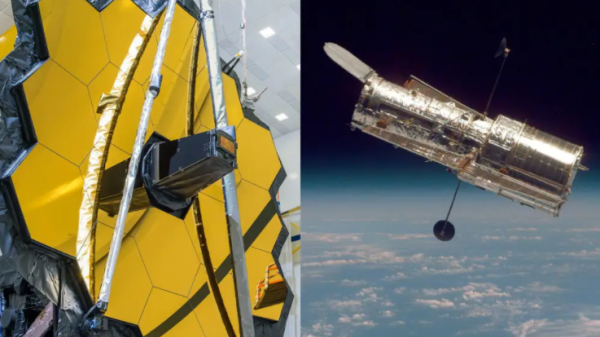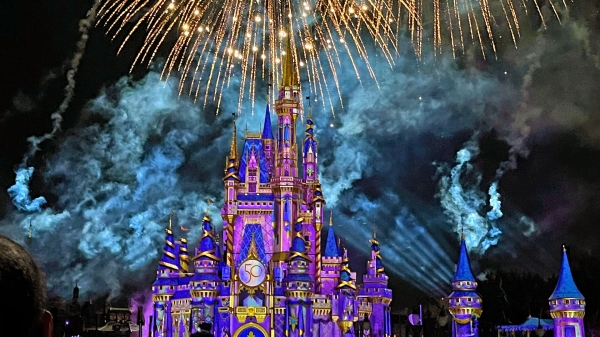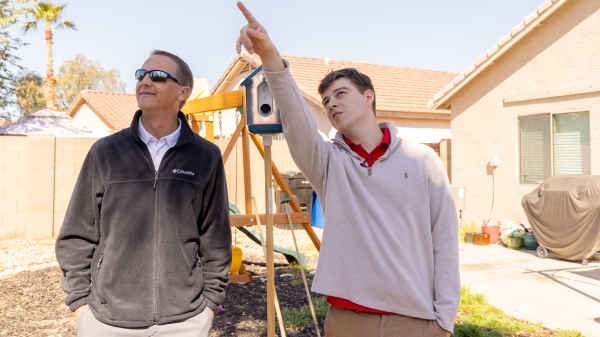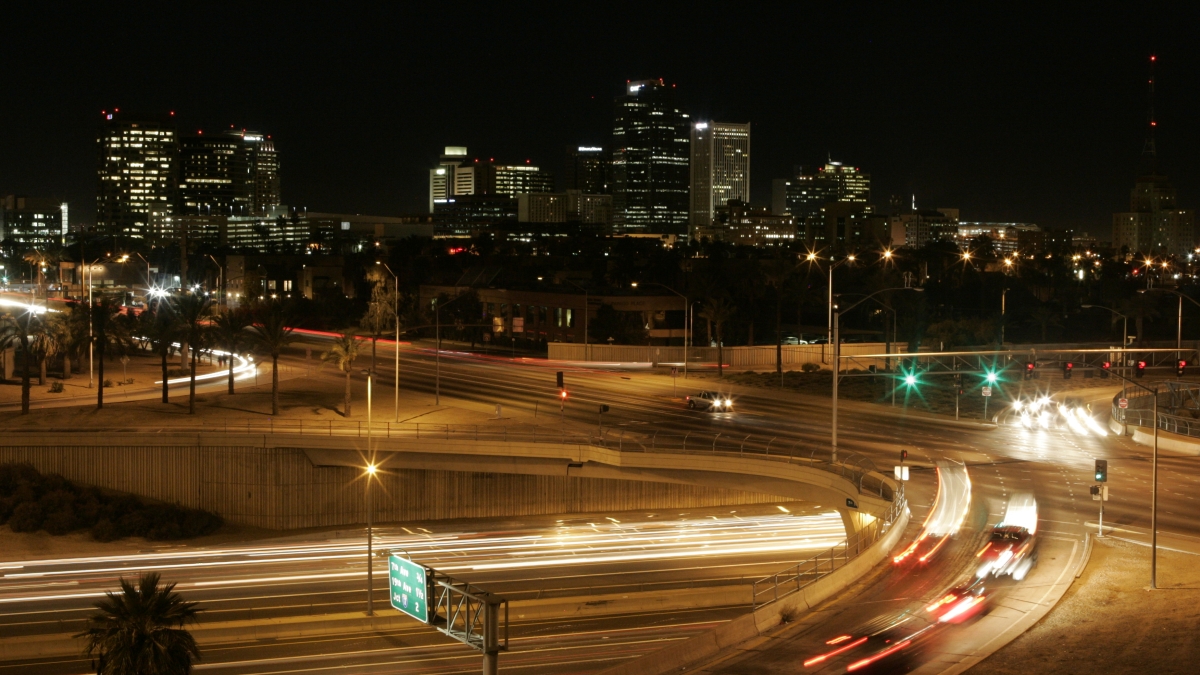Summer is often a time to take a break from academic studies. But many scholars at Arizona State University would rather trade their summer vacations for a chance to get ahead and make an impact in fields ranging from philosophy to chemistry.
More than 40 high-achieving undergraduate students in the College of Liberal Arts and Sciences spent the summer conducting research in their degree field, as recipients of the Undergraduate Summer Enrichment Awards.
"We're trying to solve problems no one knows the answer to," said Chloe Warpinski, an award recipient. "It's not often you get to work in something that has the opportunity to make meaningful change in your community."
Warpinski, a senior who studies global health in the School of Human Evolution and Social Change, saw an opportunity to solve problems without a set solution.
Warpinski’s research focuses on the homeless population in the Phoenix metro area, specifically the intersection of ecosystem services, homelessness and water insecurity. She is working on the project with her partner, Christine Demyers, a graduate anthropology student and previous teaching assistant in one of Warpinski’s classes.
“These are issues that affect not just one person or one community, but the entire world,” she said.
Through extensive interviews, mapping and other research tactics, Warpinski hopes to create a database of resources for the homeless in the area, many of whom are families and children. Warpinski was inspired after a semester abroad in Chile, where a lack of water affected not only her daily living situation, but her emotional health as well.
“It’s a chance to turn statistics into stories,” Warpinski said. “It’s been very interesting to listen to people tell their story from their point of view, and really empower them to be a person and not just a figure or a fact, which is awesome.”
Warpinski and Demyers hope to present at different anthropological conferences, with the goal of having similar research replicated in other urban cities or countries.
Economics and political science major Tyler Helms is taking a hard look at physical disability and accessibility concerns to solve another issue affecting major cities.
Helms, whose brother is physically disabled, has always been interested in disabilities and the policy activism that surrounds the issue.
For his project, Helms hopes to craft an “accessibility score” for cities, based on factors such as walkability or the average age of buildings. He is also looking at other socioeconomic factors that often affect disability, like employment and poverty rates.
Although the Americans with Disabilities Act has been in place since 1990, many public places like doctor’s offices or restaurants have been found violating the ADA laws. Alongside traditional research, Helms is interviewing lawmakers, policy advocates and disability lawyers to get a sense of why there is still noncompliance.
“As long as anything would help the disabled community, whether it’s awareness, or even just finding out what problems there might be systematically and offering a way of fixing it,” he said. “And even if it doesn't, it says 'hey' and gets some attention.”
Aaron Flegenheimer, a biological science major with an interest in psychology, is studying chronic stress to shed more light on post-traumatic stress disorder, which affects nearly eight million adults every year according to the U.S. Department of Veterans Affairs.
Partnered with graduate student J. Bryce Ortiz in professor Cheryl Conrad’s lab, Flegenheimer will induce the effects of chronic stress on rats and mice to determine how certain brain processes, specifically in the hippocampus, aid and assist in recovery.
Flegenheimer hopes this research will give scientists a better understanding of how chronic stress affects the human brain, offering more insight into the discovery, treatment and recovery from PTSD.
The Summer Enrichment Award winners are broadening their horizons and helping bring about positive change in the world. Their commitment to research, ranging from domestic violence and sexual trauma to climate change and cancer, will be instrumental in finding innovative solutions to pressing concerns across the globe.
Students have the potential to earn $2,000 by completing three different phases of the program. Over the summer, they’ll partner with a faculty mentor to complete a unique research project of their choice. In the spring of 2017, students will present their research at a poster symposium and receive another portion of the award.
“The College of Liberal Arts and Sciences is providing a number of opportunities for students to enrich their experiences and one area we have been dedicating resources is to facilitate a research experience,” said Patrick Kenney, dean of the college.
The final goal for the students is to have their work published, speak at a regional or national-level conference or sponsor an activity submission connected to the college’s project. Many students who received the Summer Enrichment Award were also given assistance with summer housing, which allowed them to focus more on their research and undergraduate work.
“These opportunities allow students to receive a first-hand and up-close look at the process that leads to discovery and publications,” said Kenney. “These experiences improve their resumes for seeking admissions to professional schools and when searching for employment.”
Written by Sarah Edwards
More Science and technology

Celebrating 34 years of space discovery with NASA
This year, NASA's Hubble Space Telescope (HST) is celebrating its 34th anniversary of the world's first space-based optical telescope, which paved the scientific pathway for NASA's James Webb Space…

Making magic happen: Engineering and designing theme parks
The themed entertainment industry is widespread and diverse, encompassing everything from theme parks to aquariums, zoos, water parks, museums and more. The Theme Park Engineering and Design…

AI-equipped feeders allow ASU Online students to study bird behavior remotely
ASU Online students are participating in a research opportunity that's for the birds — literally. Online Bird Buddies is a project that allows students to observe birds remotely, using bird feeders…
